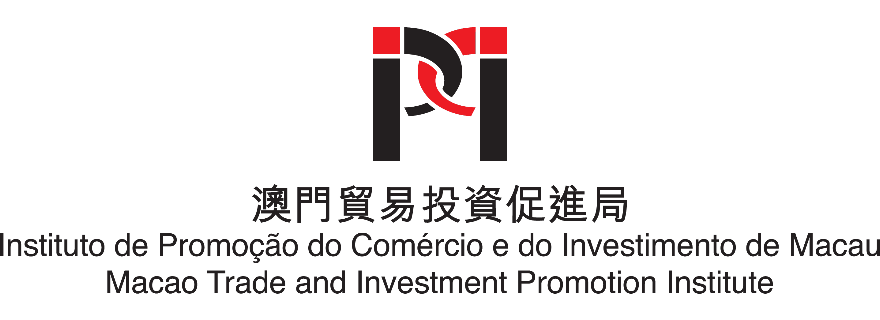Bissau is a point of strong attraction, as it is where the vast majority of economic activities are concentrated and where agricultural, extractive, industrial, commercial, services, and logistics infrastructures are gathered. Among the three major sectors, the tertiary sector is the mainstay of the economy, with its conglomeration of commerce, services, and logistics.
Bissau thus became the distribution point of goods and products for the rest of the Country, as well as for overseas, through Armazéns do Povo. Therefore, in addition to the other external factors that contributed to the rural exodus, such as the location of the largest port, of the central government headquarters, and of the political center, in addition to being the place where the best health and education services are found, and the structuring of commercial activity also reinforced Bissau’s attractiveness.
Source: Bissau City Website
Sectors and subsectors
Fruits and Vegetables
The fruits and vegetable production is an area yet to be explored, although there are already some farms, especially those of Spanish capital, which are also engaged in processing and agro-industry. The quality of the fruit produced in the country should be highlighted: besides cashew, mango, papaya, avocado and other tropical fruits.
Hotels and Restaurants
Bissau has seen a significant growth in the supply of restaurants, with international food available (mainly, Portuguese, Italian, Lebanese and Indian), in addition to the Guinean offer, although there are still no excellent restaurants. In the rest of the Country the supply is very scarce.
Health (Private Clinics and Pharmacies)
One of the areas with the greatest potential in Guinea-Bissau is health. There are some (few) private clinics with basic services, but in the absence of a quality hospital (in terms of equipment and human resources), those who can, turn to Dakar or Lisbon. A healthcare facility capable of providing 24 hour emergency services, dental treatment, quality hospitalization, among other services, could certainly benefit from a market with purchasing power that, although somewhat reduced, could be captivated with a mutualistic system. This is a priority with the growth of tourist activity.
Import-Export
Bissau is a major port city. The infrastructure for import and export, such as customs offices, is already in place. Duties are low in all sectors, except for luxury goods and alcoholic beverages.
Fishing
The fishing waters of Guinea-Bissau are very rich for the abundance and diversity of fish species. Fishing activity in Guinea-Bissau comprises artisanal fishing – carried out in coastal waters (inland waters and the territorial sea) – and industrial fishing outside the 12-mile zone.
Given the high biodiversity of its waters, the extensive area of its continental shelf suitable for fishing activity, as well as the various international agreements in force, a significant number of industrial fishing vessels are present in the EEZ of Guinea-Bissau.
Three (3) fishing zones are defined:
– Artisanal fishing zone (inland waters and the territorial sea);
– Industrial fishing zone (beyond 12 miles from the coast baseline);
– Common maritime zone between Guinea-Bissau and Senegal (azimuths 268º and 220º, measured from Cabo Roxo).
Sources:
- Guinea-Bissau National Investments Agency
- GBI – Guinea Investment promotion Agency – Investment Guide




